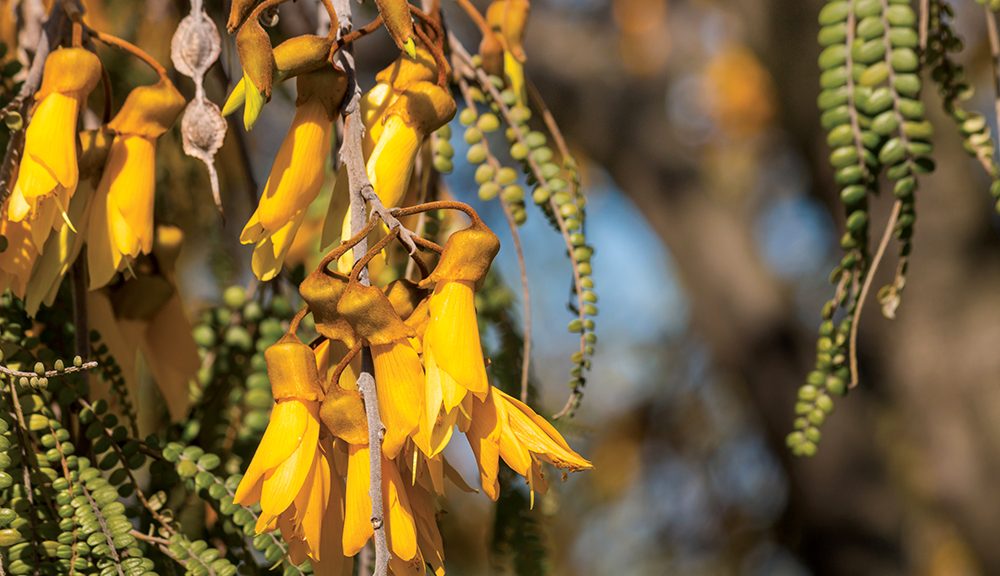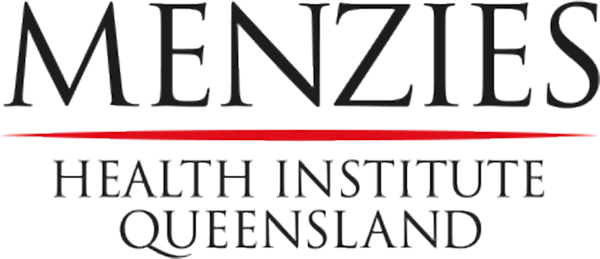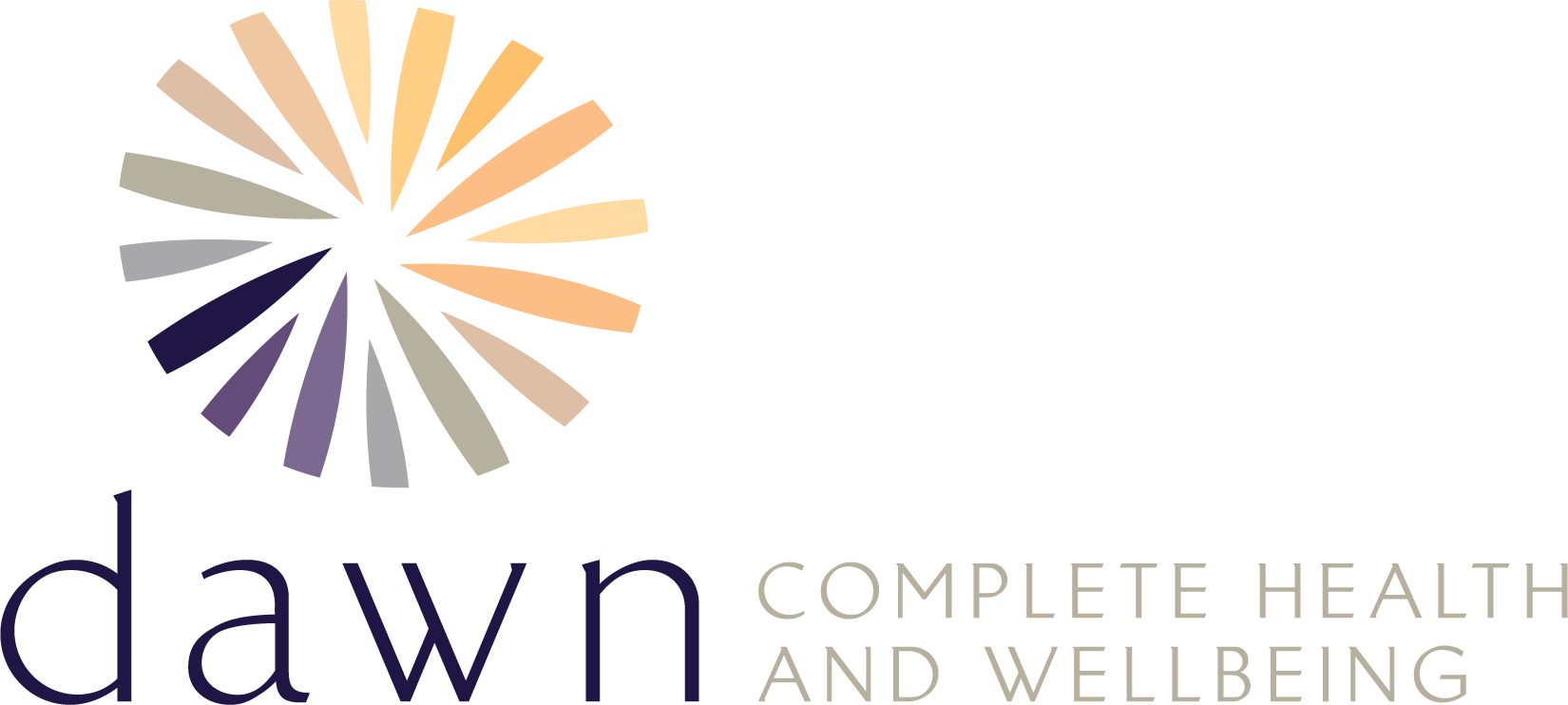Preliminary results from the culturally adapted Kōwhai Study in New Zealand are showing positive signs that the Younger Women’s Wellness after Cancer Program has the potential to improve the quality of life of women after cancer treatment.
We spoke to the Kōwhai Study Manager and long-time Women’s Wellness collaborator, Janine Porter-Steele, about the latest results from the study, as well as future plans for implementation across Australia, New Zealand and Hong Kong.
How are lifestyle intervention programs proving to improve the quality of life for women after a cancer diagnosis?
Younger women, under the age of 50, treated for breast cancer in Australia and New Zealand (NZ) are a large and growing population and while advances in diagnosis, treatment and management have significantly improved survival rates, the medium, long-term and late side effects reflect a significant burden to young women. Side effects include physical, psychosocial and psychosexual issues, like early menopause and associated risks, fatigue, obesity, sleep disturbances, higher incidence of diabetes, and cardiac and bone health concerns. Social aspects might include disruption to family, relationships and work-life as well as fitting in with peers. Psychosexual side effects of treatment include sexual dysfunction, fertility and body image issues.
Studies have demonstrated that women believe they lack information and confidence in ways to not only reduce their risk of recurrence of cancer and other chronic disease but also to manage the long-term effects that cancer has on their lives.
There is also evidence that lifestyle interventions can mitigate chronic disease risk and many of the side effects associated as well as improve quality of life for this group of patients.
This is why we developed the The Women’s Wellness after Cancer Program (WWACP), which is a twelve-week Program designed to address common treatment after-effects in women after cancer. This program was subsequently adapted to focus on the different needs of younger women (Younger Women’s Wellness after Cancer (YWWACP). It has been trialled as a feasibility study in New Zealand (NZ) (The Kōwhai Study), in Australia (The Emerald Study), and in Hong- Kong. As part of the NZ study, a separate and discreet sub-study offering a culturally adapted program was undertaken with a cohort of Māori women.
Can you tell us a bit more about the Kōwhai Study, which was recently completed in New Zealand?
The Kōwhai Study recruited women aged 18- 50 years who had completed intensive treatment (surgery, chemotherapy / targeted therapies and radiotherapy) for breast cancer in the preceding 24 months.
The participants were randomised into a control (usual care) group or to an intervention group. The participants allocated to the control group received general information from their usual health care professionals during their routine clinic visits. The intervention group received a journal, fact sheets, access to a website and 3-5 consultations over the twelve-week duration of the program with an experienced cancer care nurse.
Apart from assessing the usability, acceptability and accessibility of the Kōwhai Study, improving quality of life was equally important, as our aim with the Younger Women’s Wellness after Cancer programs is to improve late and long term side effects and reduce distressing ongoing symptomology. Secondary endpoints include comparison of waist circumference measurements from commencement to completion of the study and changes in menopausal symptoms, body image, sexual function, sleep, physical activity and nutrition.
Despite launching the Study during the Covid pandemic, we received a rapid intake of participants, which demonstrated an enormous desire for this type of lifestyle intervention in New Zealand.
What were some of the outcomes of the Study?
While we are still collating and analysing some of the data from the Study, the Kōwhai Study is showing promising signs of improving late and long-term side effects of cancer treatment and improving quality of life for participants, from a physical, psychosocial and psychosexual perspective.
Participants are reporting reduced levels of distress, improved emotional status and a downward trend in waist circumference.
What’s next for the Younger Women’s Wellness after Cancer Program?
We have now completed feasibility studies in New Zealand (Kōwhai Study), Australia (Emerald Study) and Hong Kong (YWWACPHK), with all three studies receiving high interest and uptake from local participants and positive feedback. This proves to us that the program is feasible and accepted and that, if rolled out more widely, could be very successful and have a great influence on improving the quality of life for younger women after cancer.
We are now pooling the results from these three studies and will be looking to secure a larger partnership grant, in the near future, to conduct a larger study and roll the program out more widely.
For more information about the Kōwhai Study, click here.
For more information about the Emerald Study, click here.
For more information about the Younger Women’s Wellness after Cancer Program in Hong Kong, click here.







